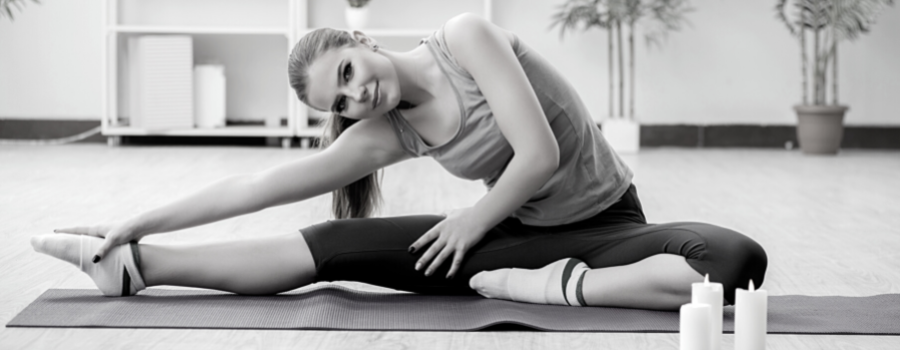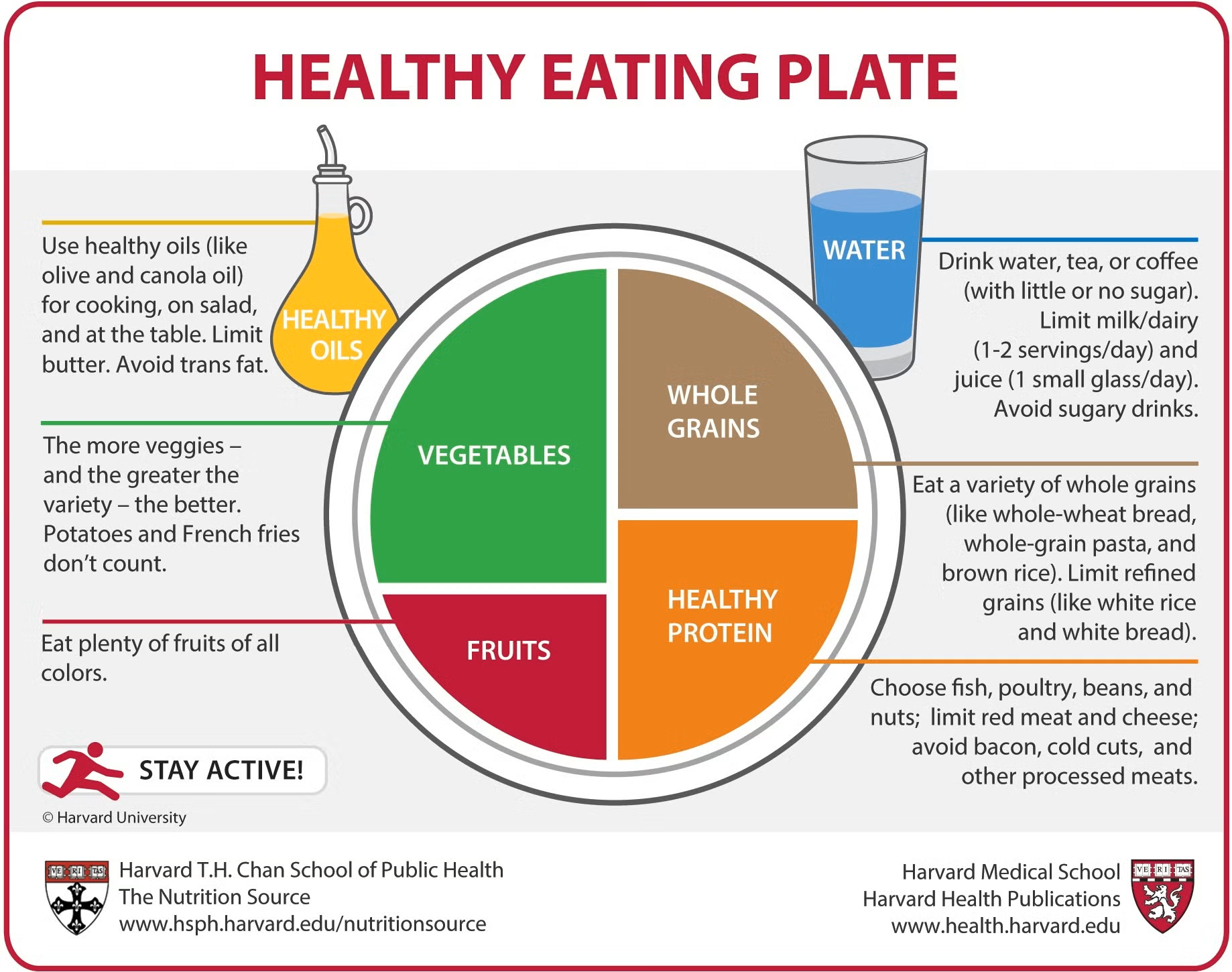
1. Prioritize Sleep
Sleep is how your body recharges its battery. Good sleep helps you think clearly, feel emotionally balanced, and even supports long-term health. Going to bed and waking up at the same time every day can help you feel less groggy and more alert!
According to the CDC, quality sleep is linked to a lower risk of heart disease, obesity, and depression (CDC).
Tip: Try building a wind-down routine that works for you, whether that includes a sound machine or dedicated reading time.
2. Stay Hydrated
Staying hydrated is crucial to preventing recurrent illnesses such as migraines or vaginal infections like UTIs. Aim to drink at least eight 8-ounce glasses (64 ounces total!) of water daily.
Tip: Carrying a reusable water bottle can serve as a helpful reminder to stay hydrated throughout the day.
3. Eat the Rainbow
Healthy eating in your 30s doesn’t mean cutting out everything you love. It’s more about adding in the good stuff: Fuel your body with a variety of nutrient-rich foods. Incorporate plenty of fruits, vegetables, whole grains, lean proteins, and healthy fats into your meals. 
Eating a variety of colors helps ensure you're getting the full range of vitamins and minerals your body needs. After all, diets rich in colorful, plant-based foods have been linked to lower risks of cancer, heart disease, and cognitive decline.
Tip: Consider preparing meals at home to have better control over ingredients and portion sizes. Explore MyPlate.com for healthy recipes on a budget.
4. Move Your Body
Exercise supports cardiovascular health, strengthens muscles, improves mood, and helps regulate sleep and stress. It’s so important to get moving, but only 1 in 4 U.S. adults are meeting the CDC’s recommended 150 minutes/week.
If you haven’t already, find a workout you enjoy and make it part of your routine. If you find you’re not excited to exercise in your usual way, try something new like Pickleball.
5. Continue Caring for Your Oral Health
We now understand that the health of the mouth (teeth, tongue, gums) is a reflection of the health of the rest of your body. Brush your teeth twice a day, and floss daily, so that bacteria in your mouth stays healthy!
Tip: Swap out your toothbrush every 3–4 months and don’t forget your tongue—it’s a major contributor to oral bacteria balance.
6. Get to Know Your Breasts
You don’t need to be a doctor to stay in tune with your body. While clinical breast exams aren’t routinely recommended until age 40 for most, it’s still important to know what’s normal for you. Breast self-awareness means paying attention to how your breasts usually look and feel—so if something changes, like a new lump or persistent pain, you’ll catch it early.
We’re happy to show you how to build breast awareness into your routine at your next appointment.
7. Practice safe, healthy, and consensual sex
Communication is key to healthy sex. Make sure you are having sex only when you want to, and that you're protecting yourself from sexually transmitted infections (STIs). Many STIs have no symptoms, so it is important to get STI screenings with every new partner.
Remember: condoms are the only method proven to reduce the transmission of STIs.
8. Protect Your Peace—Mentally and Emotionally
Your mental health is just as important as your physical health, and women are nearly twice as likely as men to experience anxiety and depression. So therapy, mindfulness practices, and even five minutes of quiet can make a real difference in how you feel day to day.
Set boundaries
Part of protecting your peace is setting boundaries. In your 30s, you’ve likely started to recognize your limits—now’s the time to honor them. Saying “no” doesn’t require justification.
Form positive relationships
Even if you have experienced trauma in your past, one of the strongest tools to a healthy life is forming positive, uplifting relationships. Make a new friend or reach out to an old one. Seek the company of those that make you feel good.
It’s okay to step back from what drains you, so you have more energy for what lights you up.
9. Get Intentional About Money
Money may not buy happiness, but it definitely reduces stress when managed with intention. Your 30s are a smart time to tackle credit card debt, build up emergency savings, and start planning to buy a home or start a family (if you want that).
If you haven’t already, look into contributing to a retirement account through your employer. Even small, consistent contributions now can lead to major security later. California offers great tools like CalSavers for workers without access to employer-sponsored plans, and Housing Is Key for guidance on financial assistance and first-time homebuyer support.
Bottom line: the more proactive you are now, the more freedom you’ll have in the future.
10. Don’t Be Ambivalent About Getting Pregnant
Your 30s are a good time to get more intentional about your reproductive health—whether or not you want to have kids. If you’re not trying to get pregnant, take a moment to check in on your birth control. Does your current method still fit your lifestyle, health needs, and goals?
If pregnancy is something you’re considering now or in the future, it’s also helpful to understand how fertility changes with age. Egg quantity and quality naturally decline throughout your 30s, especially after 35. This isn’t a reason to panic—it’s just a good time to get informed.
Whether you're exploring birth control options, thinking about fertility preservation, or just want to ask some questions, your provider can help you make a plan that feels right for you. Knowing your options is empowering—no matter your path.
If you have questions about how you can incorporate any of the above into your life, our clinicians would love to answer your questions at your next appointment.
Share This
Get Help Now